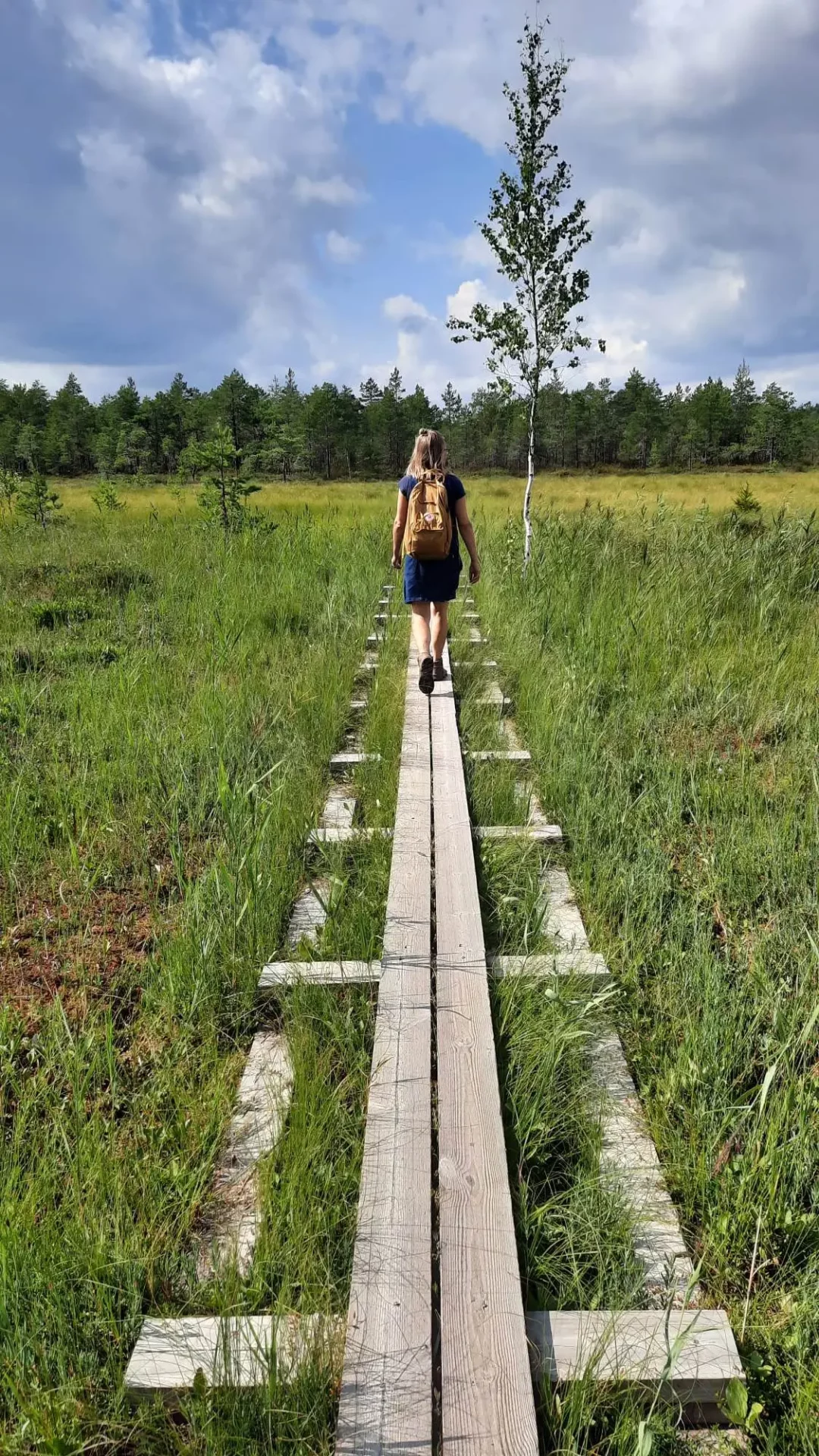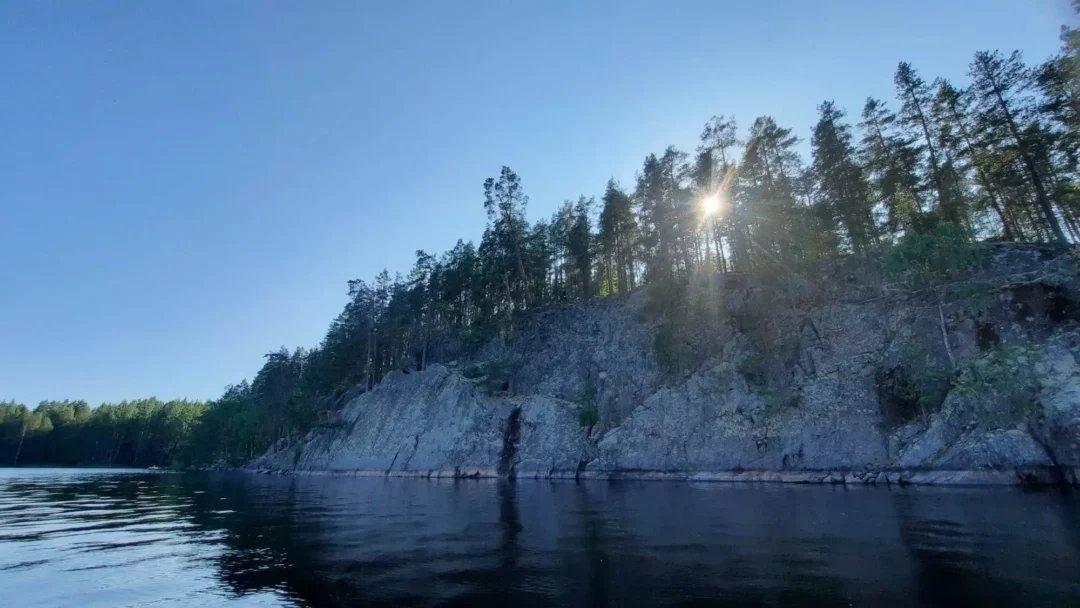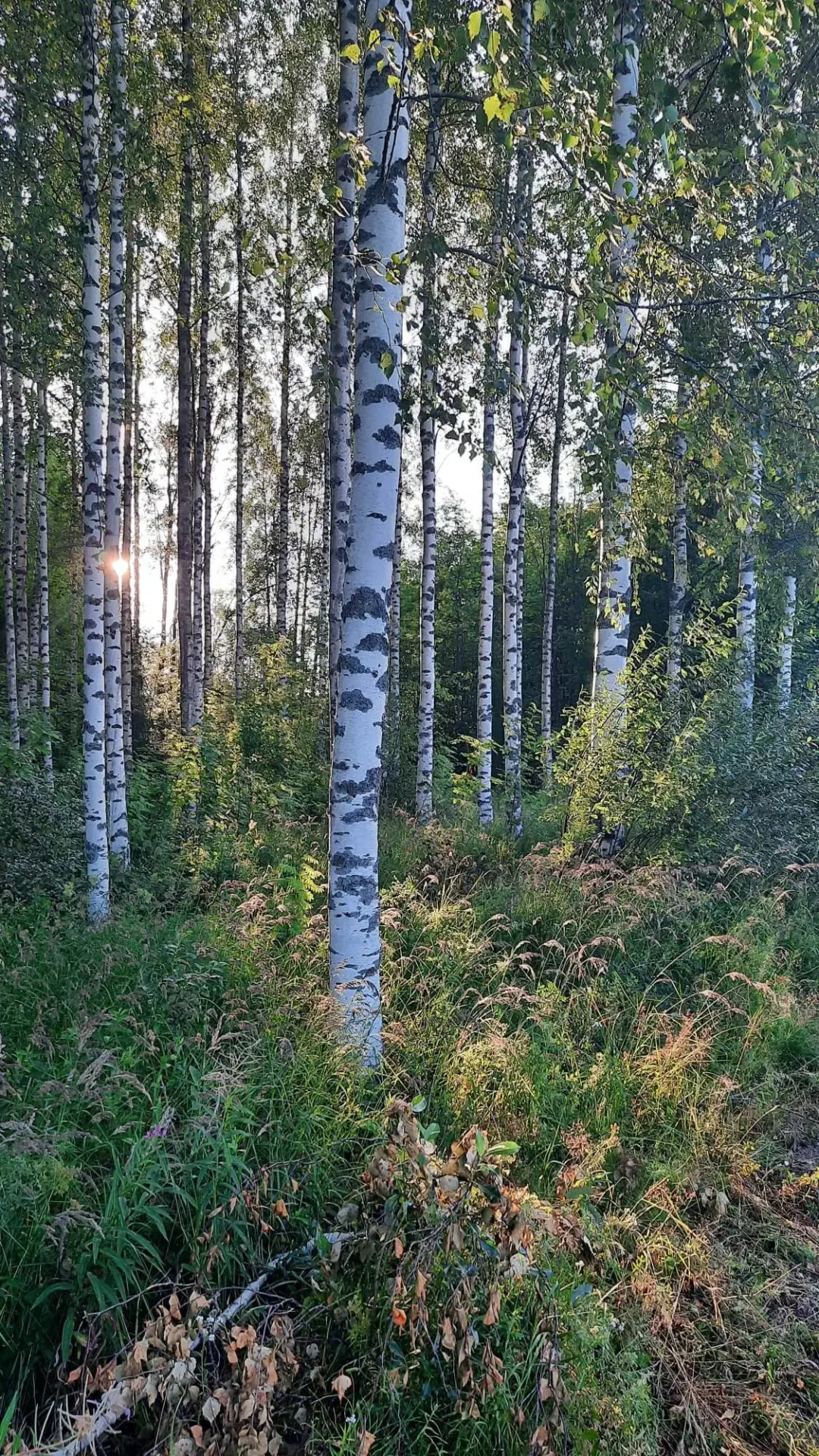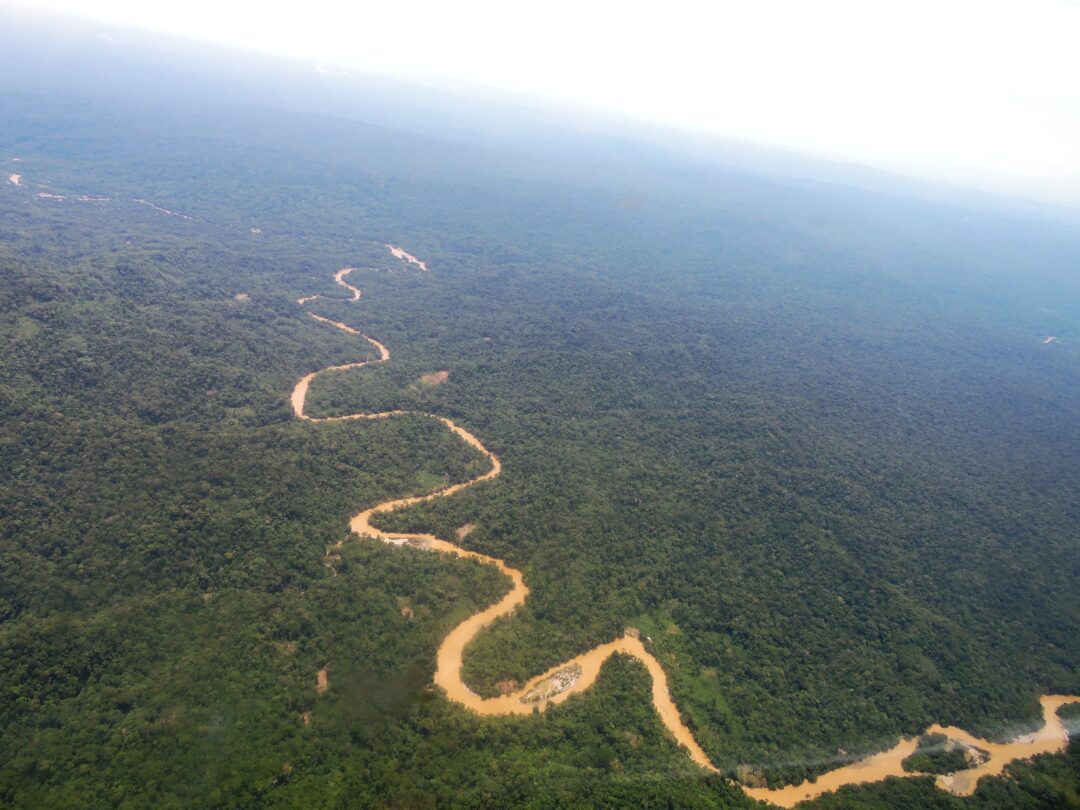Recently, my home country Finland has been making headlines, not only for being the happiest nation in the world, nor for the NATO membership process. But for something greener.
Finland has appointed the world’s first Planetary Health Physician, Dr. Hanna Haveri, a Specialist in Neurology in Lahti.
Planetary Health “recognizes that human health and the health of our planet are inextricably linked and that our civilization depends on human health, flourishing natural systems, and the wise stewardship of natural resources. With natural systems being degraded to an extent unprecedented in human history, both our health and that of our planet are in peril” (UN, 2023).
I was enthusiastic about this initiative and decided to approach Dr. Haveri to interview her on a number of tricky topics.

© Katriina Kilpi
Dr.Haveri feels that at the core is the problem of nature not being given value it deserves. Nature is often seen and treated as the last bit to consider. But because nature cannot speak directly to us (personally, I interpret this as most humans not understanding while nature speaks loud and clear) and defend itself, we should be the advocates for nature as we are dependent on it. Here, Dr. Haveri feels that the scientific evidence can and does help us to point to the financial incentive to protect nature. Here she points to the value translation into as ecosystem services, like pollination services, without which we would not be eating, or at least not as well, on this planet.
I see this as a question of worldview or even spirituality, as many people recognize the intrinsic value of “nature” and do not require nature to prove itself in financial terms. However, clearly, this bunch of humans is a minority, hence the need for the search for value and proof.
Talking about value and proof, I wanted to know what Dr.Haveri found most challenging when trying to motivate planetary-friendly (good for self and Earth) behavior. Furthermore, I wanted to know whether she thought is was enough to navigate this tricky path with only information, as my hunch was that value-based change would work more effectively, though it would maybe be more challenging to bring about.
Dr. Haveri did not find values and knowledge contradicting each other but that they can actually work together. She finds it important to pursue collaborations with commercial interests, such as food procedures, to get them on board with ethical and planetary marketing, etc. I will circle back to this later in this post.
Dr. Haveri underlined the importance of political action to support planetary lifestyle and used the example of cigarette smoking to highlight it as a success story of how to get people to change their behavior in a relatively short time, as it has been made structurally so difficult for them to smoke in public and private places.
As for incentives, she feels that it will not work well to only focus on positive incentives if we want to achieve big changes fast. Positive changes are voluntary, often connected to improved health or other positive outcomes. In addition to the positive incentives, we do have to use negative ones, meaning, legislation. Humans are capable of adopting these negative incentives as well, but it is more effective when working with both when we try to make this behavior stick. It takes time and support for people to adopt new habits.

© Katriina Kilpi
I shared my concern of taking the wrong path exploiting nature to restore us simply to be able to return to work in a rather toxic system that is stress-causing and taxing to our mental health, rather than trying to change the root causes of such a system. Dr.Haveri did not see a problem in looking at nature as a place that supports our effectiveness. In fact, she felt that work is a big reason to keep mentally healthy and engaged in life. For many people suffering from loneliness and minimal or non-existent social circles, the work community could even be their only social circle. She would like to see more effort being put into the work environment’s quality and making sure that meaning can be found in work. It is much more worrisome to see people living for the weekend, says Dr.Haveri.
Referring to the experiment that is still in analysis in Finland (first-line care/maternity clinic personnel were informed of ways to improve planetary health through increasing nature contact, diet, and recycling) of promoting planetary health as a lifestyle, Dr. Haveri finds it important that the health/social care personnel is trained in these matters. The public continues to listen carefully to the authority’s suggestions on matters concerning their health. This is a good opportunity to affect people’s behavior. However, it has been discovered through a few pilot projects, such as the planetary prescriptions, that in Finland the lack of information is mostly not a problem with people, but it is the speed at which we live and have to make decisions that make it difficult to make the “right “choices. Stressed-out parents who know very well what should be done, choose unsustainable choices just because of ease and accessibility, i.e. the price of food, manners in which free time is spent, the way we commute, etc. Often planetary food choices, i.e., healthy, locally produced, and/or organic food is claimed to be inaccessible due to their high price. In the case of Finland, it is not necessarily true. For example, there is less burning need to buy organic food in Finland because no antibiotics are used in Finnish meat production, and the use of herbicides and pesticides is much lower than in continental European countries, not to mention countries outside of Europe.
However, Dr.Haveri feels that supply and marketing need to get on the same line with the efforts of health care. It can no longer be so that the more unhealthy is cheaper or easier to get access to.

© Katriina Kilpi
I was also interested in Dr. Haveri’s take on the ever-so-high burn-out numbers. Dr. Haveri talked about the changes that have happened with electronic communications. In comparison, when Haveri was a child, and her father would stop work at the end of the workday, he would have time e.g. to go skating with his children because work was done and left at the workplace. Nowadays the boundaries between work and home life are blurred and people are reachable throughout their day. It is therefore needed to create more boundaries and protect oneself better during free time. Dr.Haveri wondered where the need for constant reporting on social media was coming from. As a neurologist, she sees the effect of our online lives affecting our working memory, focus, and sleep quality.
In Finland, she reports lots of mental unwellness among youth, especially so in the countryside where services and social contacts are far apart. This means that people in the countryside might be more alone. In the city, on the other hand, there are some protective elements, in terms of mental health: more social contact and services closer by, more opportunities to follow one’s interests. But in the cities, there is also the well-documented effect of a lack of green spaces as cities become too urban. Dr.Haveri highlights the importance of green cities, to make the best of both worlds: keeping the diverse green spaces to enable high-quality nature contact also for immunity, but also the cultural and social contact.
The fact that Finland still has some less touched nature is good news from an immunity point of view, but even in Finland, the portion of untouched nature has dramatically decreased. The majority of forests in Finland are rather young production forests, and as land use has drastically changed, so has biodiversity. The young, mostly monoculture forests are poorer in biodiversity than untouched old-growth forests where biodiversity has had thousands of years to develop. This seems to imply also immunological changes, e.g. Type 1 diabetes has become more common in Finland, as is also evidenced by the groundbreaking work of Ilkka Hanski.

© Katriina Kilpi
I was happy to have had this opportunity to share a short moment with Dr.Haveri and hear her take on these issues. It is exemplary that the city of Lahti, the green capital of Europe in 2021 and also home to one of Finland’s first therapy forests, spearheads this type of interdisciplinary professional titling. However, I did find myself wondering how I felt about using nature for doing better at work. I find this begs the question, which one comes first: being in nature to be able to do better at work or making work about taking care of nature. As things are now, I cannot think of any form of employment that wouldn’t have an indirect or direct effect on the planet. Therefore, my hope is that in the future we will see the appointment of many more Planetary Health Physicians but also Forest Managers, Teachers, Film stars, and Baristas, to name a few. And later on, seven or so generations from now, these additional titles will no longer be necessary as people will have adopted planetary health on a value level.
The work toward this goal continues.




